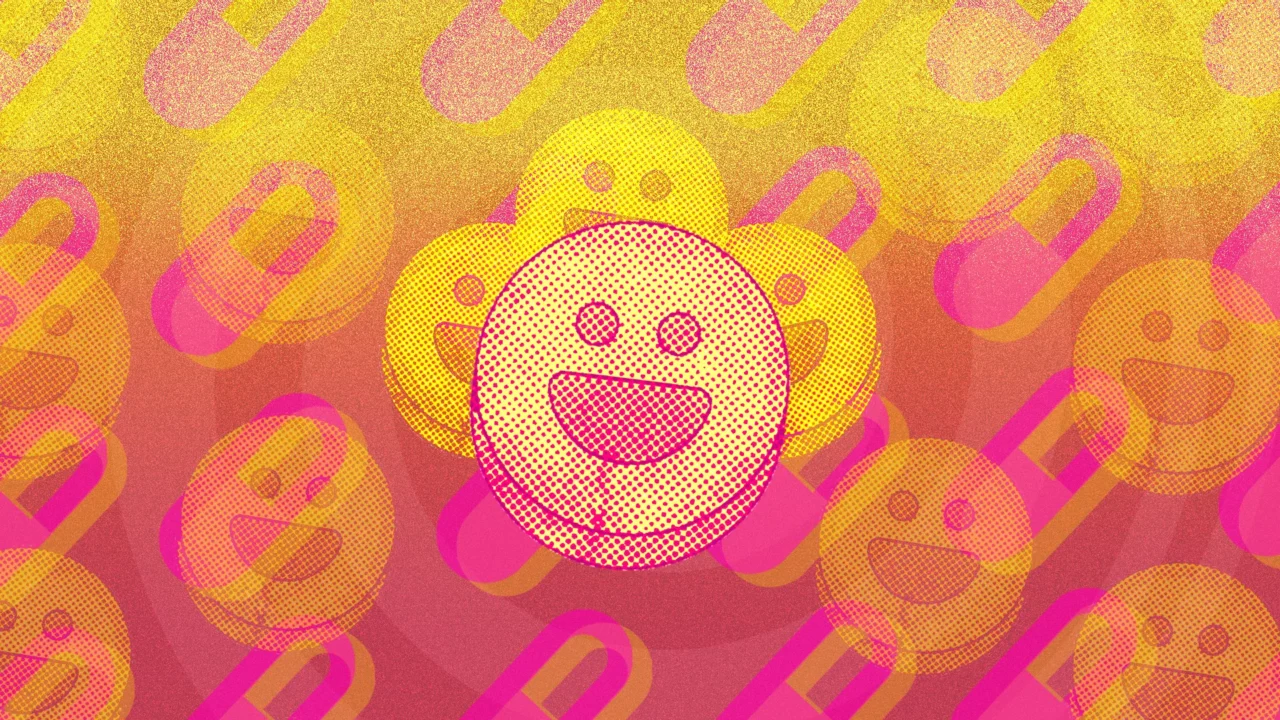In 2021, a clinical trial uncovered the impressive efficacy of the club drug in treating post-traumatic stress disorder. Three years later, and the F.D.A. is scheduled to make an announcement on whether it’s ready to move forward with approving Ecstasy for therapeutic use.
In what’s poised to be a watershed moment in the nascent field of psychedelic medicine, MDMA-assisted therapy is facing an imminent F.D.A. decision.
A decades-long campaign to legalise the club drug as a mainstream medical treatment will reach a climax this week, with the federal agency on the brink of deciding whether Ecstasy – as it’s more commonly referred to – should be approved for therapeutic use in the US.
Since it emerged as a novel psychotherapeutic tool in the 1970s and early 80s, scientists and researchers have sought to prove the extraordinary potential of this substance to treat PTSD.
MDMA is a synthetic drug that can act as a stimulant and mild hallucinogen, but is primarily considered an ‘empathogen’ as it can amplify emotional connection and feelings of empathy.
Time and time again, it’s shown genuine promise in alleviating the state of heightened anxiety and corresponding flashbacks, nightmares, and fear responses that those suffering from one of the most intractable mental illnesses must endure for their entire lives.
With stigma still firmly attached, however, attempts to rebrand and integrate Ecstasy into current healthcare systems have been relatively futile.
Until 2021, that is, when a breakthrough clinical trial provided the team at the Multidisciplinary Association of Psychedelic Studies (MAPS) with new data to back their claims.
According to their study, which was published in Nature Medicine, of the 90 combat veterans, first responders, victims of sexual assault, mass shootings, domestic violence or childhood trauma involved, those who received MDMA during talk therapy experienced a significantly greater reduction in the severity of their symptoms compared with those taking an inactive placebo.
After 18 weeks and three sessions, 67% of participants in the MDMA group underwent a transformation so notable they no longer met the threshold for a PTSD diagnosis.
Not only this, but the drug produced no serious adverse side effects besides temporary nausea and a mild loss of appetite.
‘This is about as excited as I can get about a clinical trial,’ Albert Garcia-Romeu, a neuroscientist at Johns Hopkins University School of Medicine, told The New York Times in 2021.
‘There is nothing like these results for a neuropsychiatric disease. This is a wonderful time for discovery, because people are suddenly willing to consider these substances as therapeutics again, which hasn’t happened in 50 years.’


















